Logistics outsourcing (3PL) in Mexico is evolving rapidly, requiring a precise focus on three key pillars to ensure success: smart warehousing, strategic transportation, and advanced technology. These components are critical for companies to remain competitive in a dynamic, globalized market.
Strategic Warehousing and Operational Flexibility
Efficient warehousing is not only about maximizing the use of space, but also about managing inventories accurately and quickly. 3PL companies in Mexico must offer solutions that adapt to the specific needs of each sector, including palletized products, bulk goods, and high-value products. This not only optimizes costs, but also reduces handling times and improves the flow of goods throughout the supply chain.
In particular, companies must have infrastructure that supports different types of goods, from perishable products to high-tech electronic components, ensuring that each receives the appropriate treatment according to its nature. In addition, the ability to scale operations in response to market fluctuations or peak seasons is essential to maintaining flexibility and efficiency.
Transportation: Efficiency and Accuracy
Efficient and on-time transportation is one of the most challenging and critical areas for 3PL operators in Mexico. A strategic focus on route optimization, coupled with the use of modern transportation fleets, is critical to reducing costs and ensuring accurate delivery times.
In addition, the implementation of real-time tracking tools (telematics) allows not only to improve the visibility of shipments, but also to offer customers constant updates on the status of their products, which translates into greater confidence and satisfaction.
Technology and Automation for the Supply Chain
The use of advanced technology is the key differentiator in modern logistics operations. In Mexico, 3PL companies that invest in inventory management systems (WMS), real-time data analytics, and process automation have a clear competitive advantage. These tools not only optimize productivity, but allow for full visibility of the supply chain, facilitating data-driven decisions.
The implementation of technological solutions such as the Internet of Things (IoT) and artificial intelligence (AI) in logistics processes not only improves efficiency, but also allows for better demand forecasting, risk mitigation and a greater capacity to respond to contingencies.
To ensure success in outsourced logistics operations in Mexico, it is essential to focus on advanced storage management, precise transportation, and the adoption of disruptive technologies. Companies that manage to master these three pillars will not only be able to improve their operational efficiency, but also remain competitive in an increasingly demanding global logistics environment.


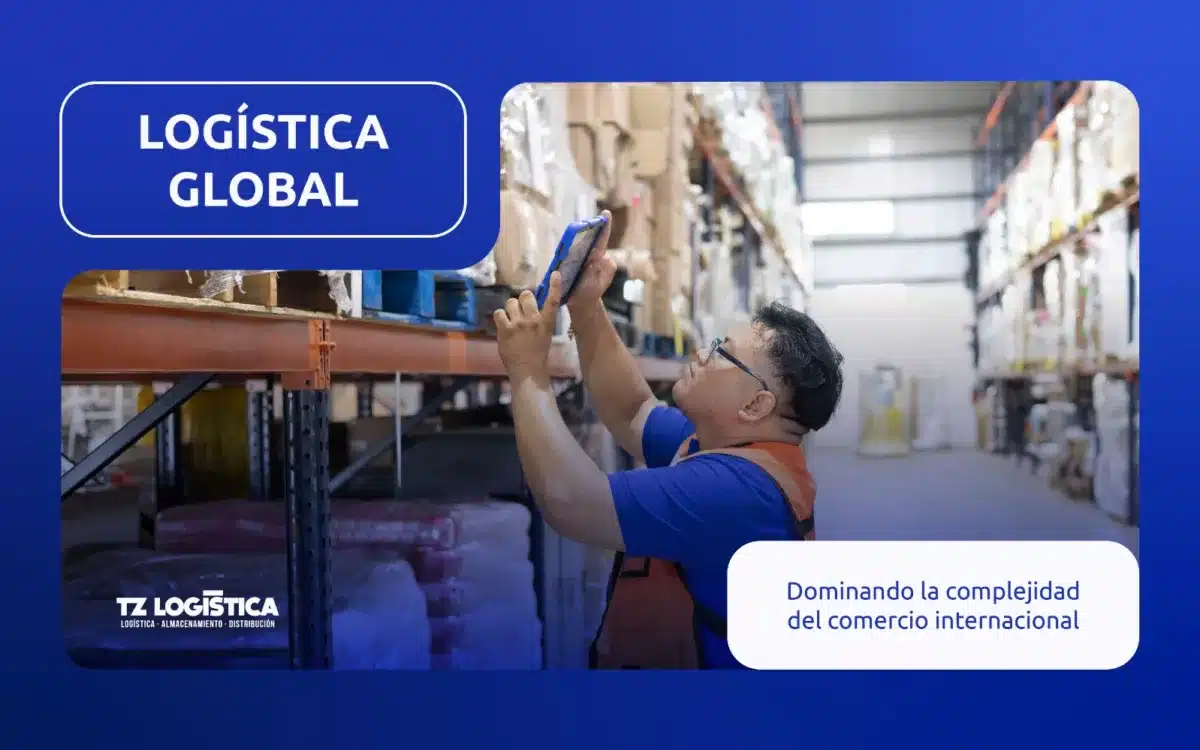
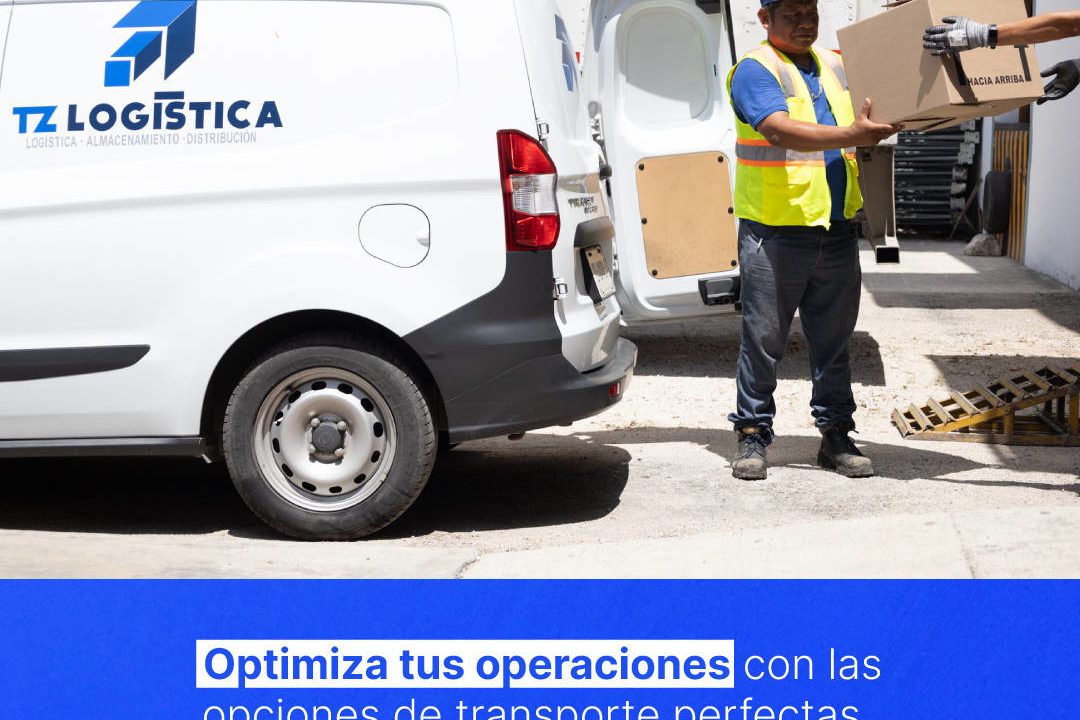
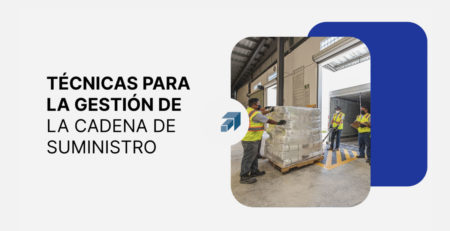
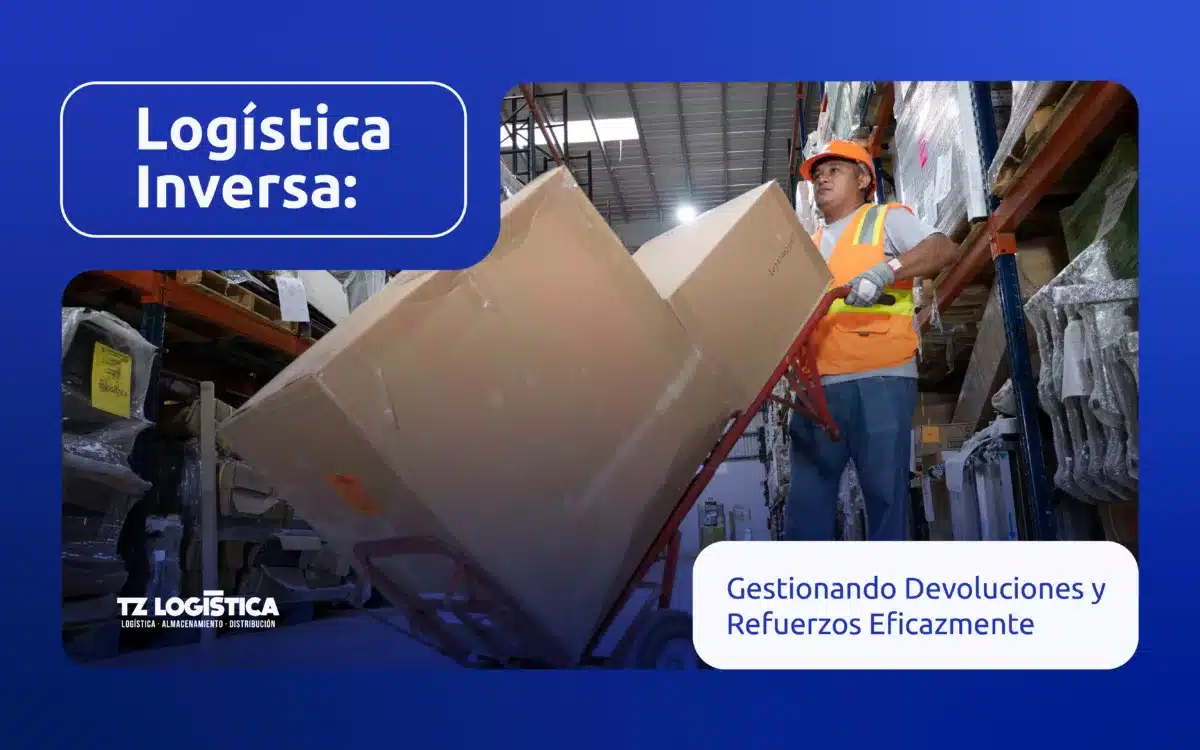
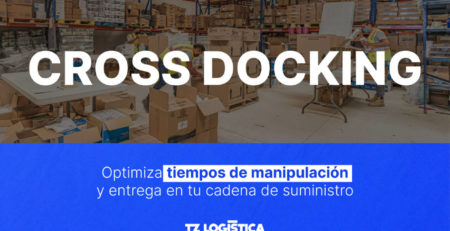


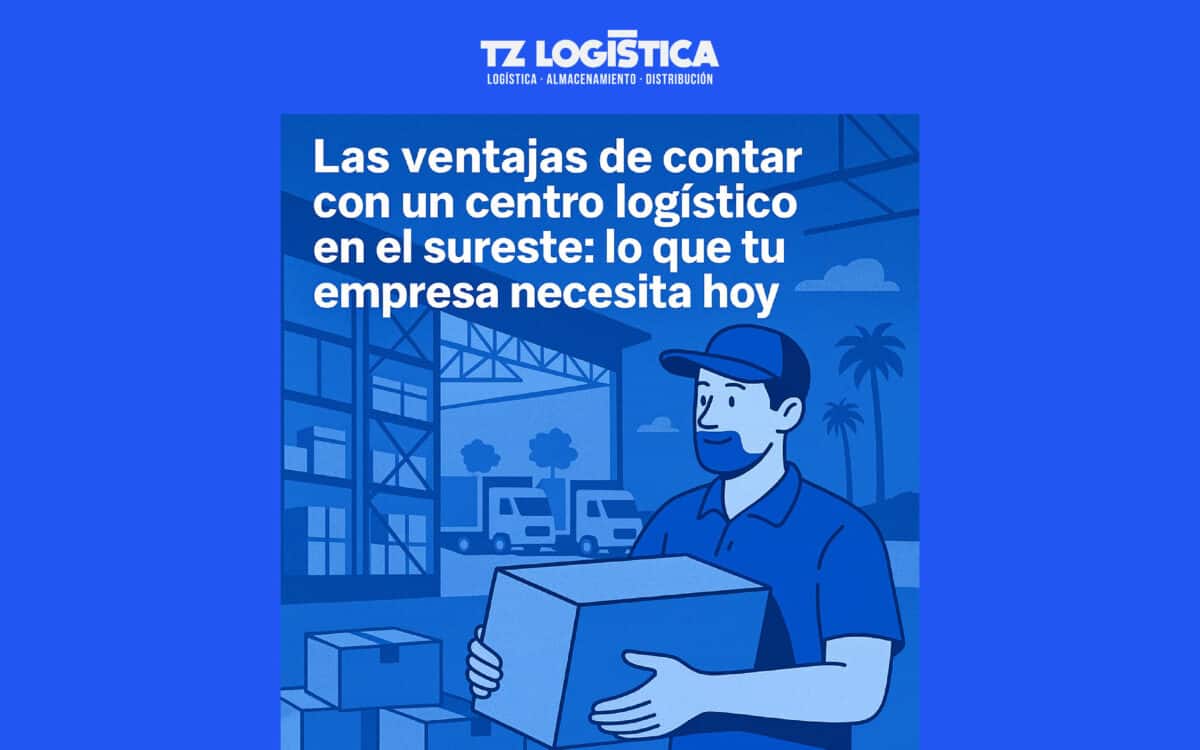
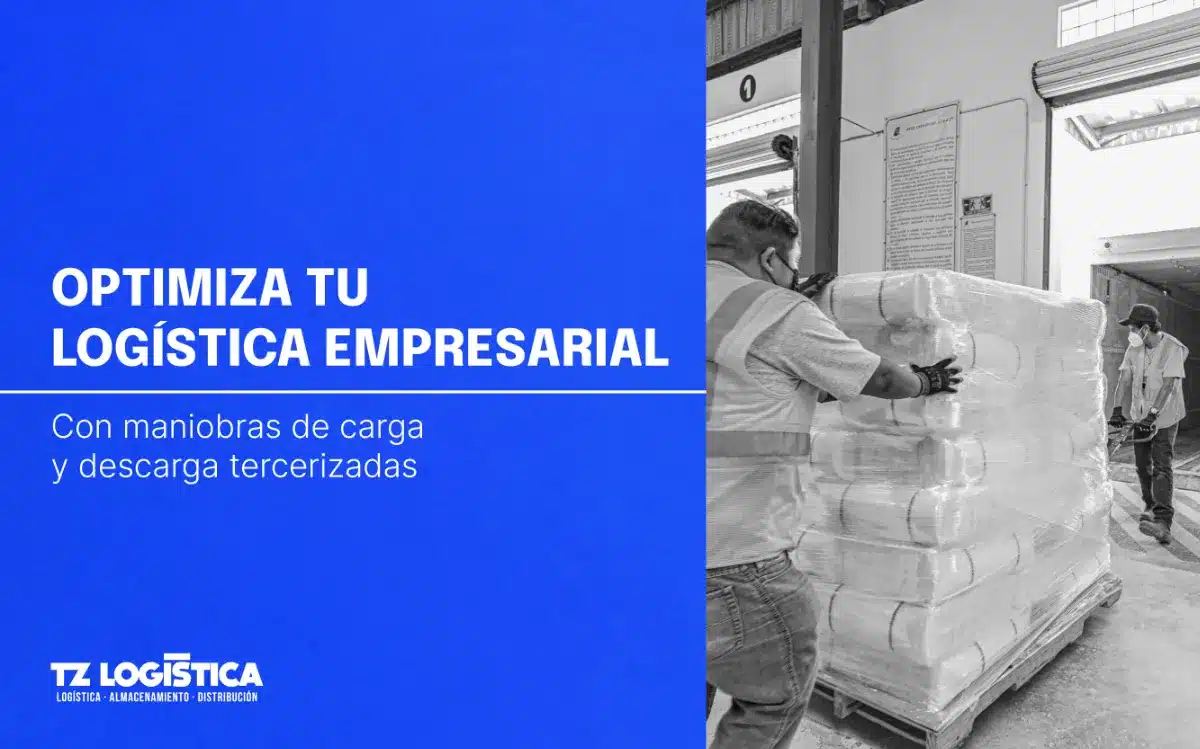
Leave a Reply